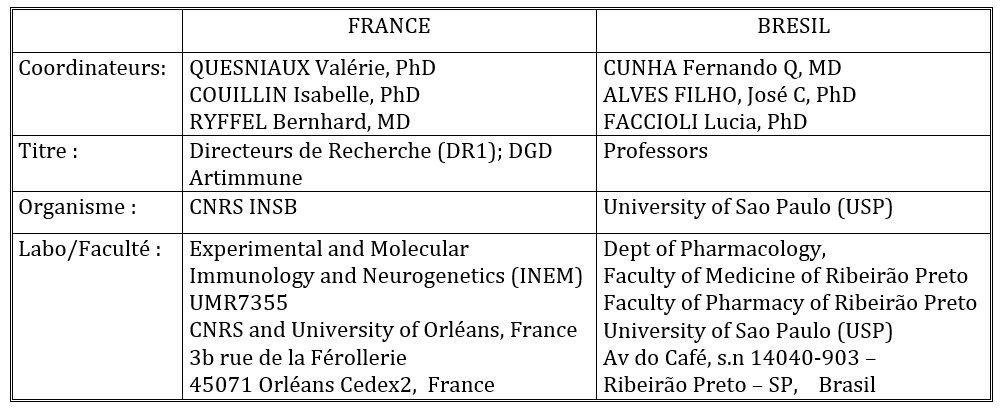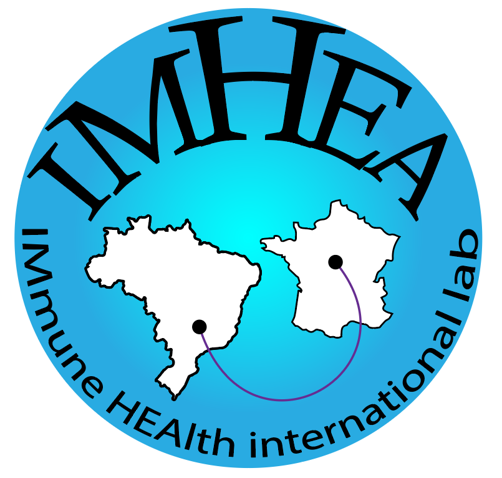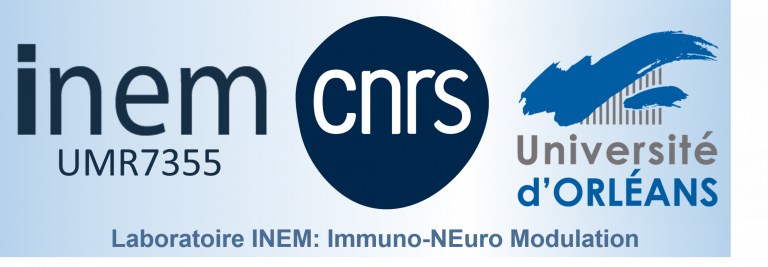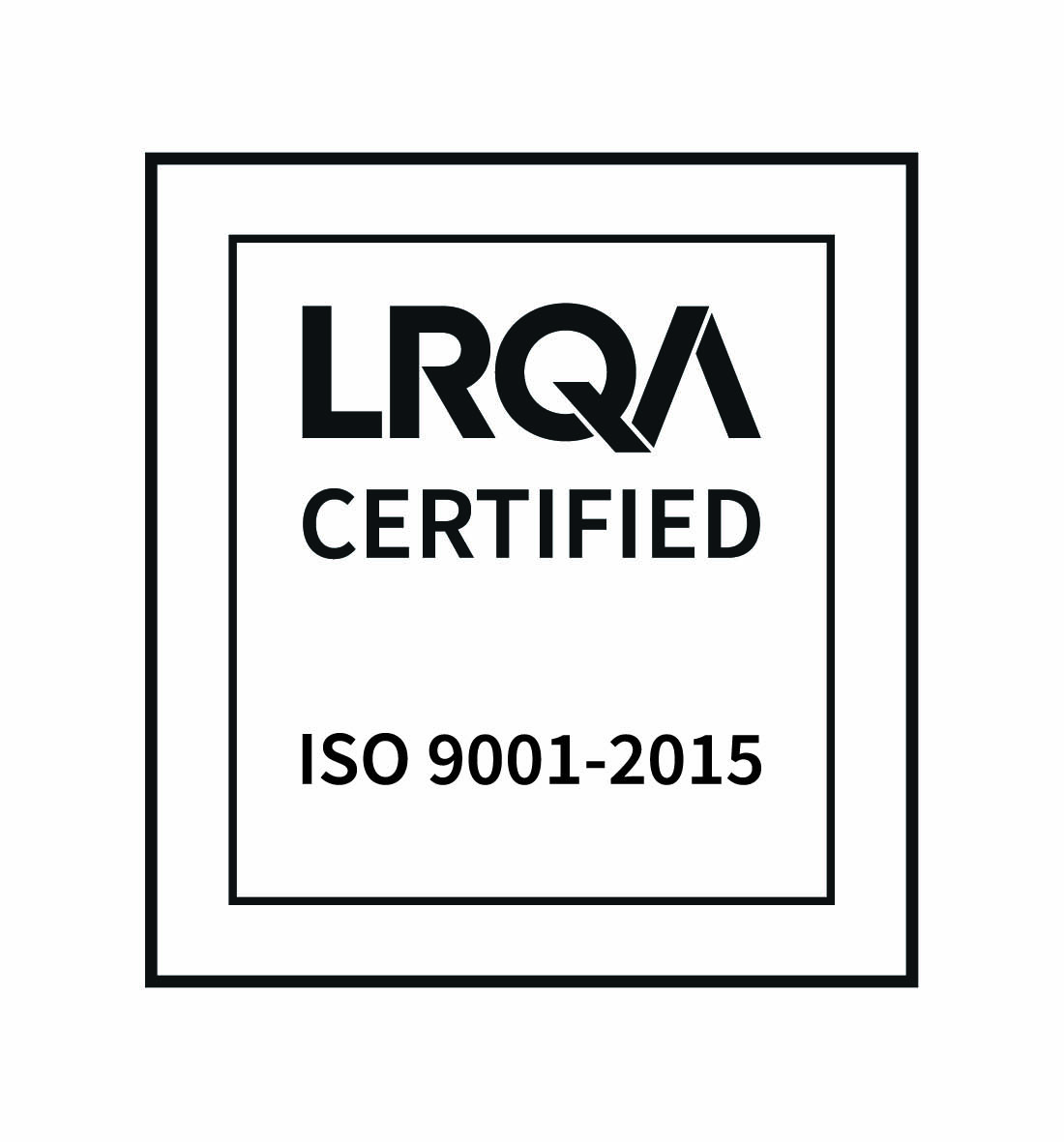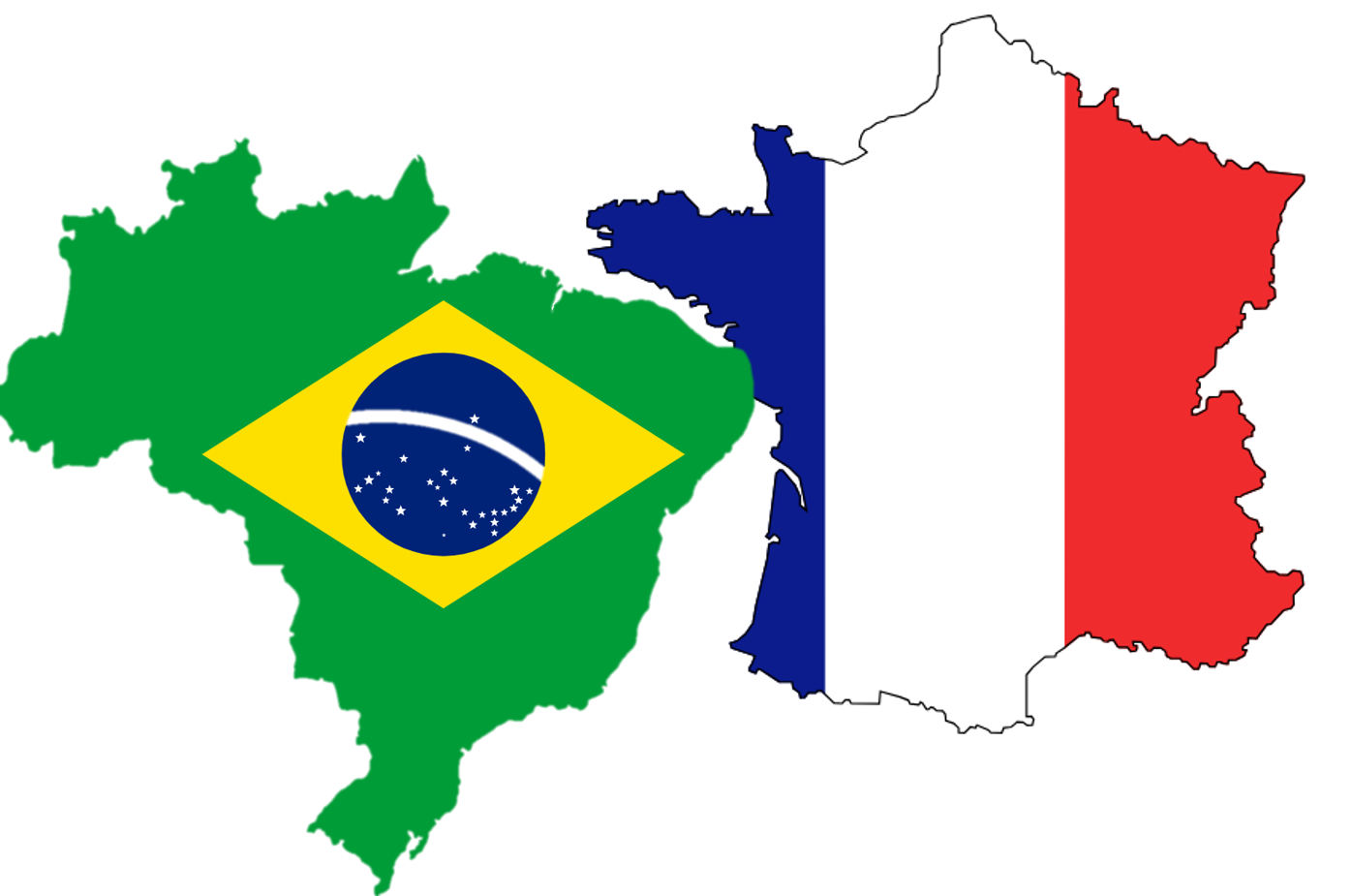
This new international laboratory is the first in the field of biological sciences in America and the second in the world. The unit (IRL2029) has been created on 01/01/2024 and is managed jointly by the CNRS and the University of Sao Paulo.
Immune responses need to be tightly regulated to provide effective protection against infectious or non-infectious threats, but at the same time, avoid overwhelming inflammatory reactions that have the potential to cause extensive immunopathology and tissue damage, as seen in many infectious and autoimmune diseases. How immune cells achieve this balance at the subcellular level is the overall focus of our research.
For further information and job opportunities, do not hesitate to contact us at nicolas.riteau(@)cnrs.fr
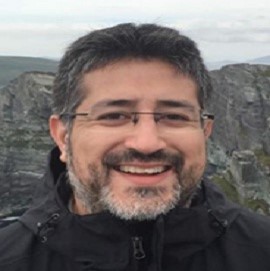
Director: José Carlos Alves-Filho

Deputy director: Nicolas Riteau
Historique de la collaboration
Laboratoire International associé (LIA) « LUNG INFLAMMATION » « INFLAMMATION PULMONAIRE » N°1047
International Research Project (IRP) "IMMUNE RESPONSE TO DANGER SIGNAL” (2012 - 2023)
La collaboration avec nos collègues de l’Université de Sao-Paulo, Brésil, a été initiée dans le domaine de l’inflammation pulmonaire, allergique, non-allergique ou d’origine infectieuse. Nous avons étudié plusieurs aspects de ces réponses dans le cadre de projets collaboratifs PICS, CNRS-FAPESP et du LIA « Inflammation pulmonaire » (2012-2018), étendu dans l’IPR « IMMUNE RESPONSE TO DANGER SIGNALS » (2019 – 2023) à de nouveaux domaines d’intérêt, dont la réponse à l’ADN endogène ou exogène et la neuroinflammation, incluant de nouveaux collègues CNRS et USP. Notre complémentarité a permis des interactions très fructueuses, dont >100 visites de recherche ou séjours jusqu’à 1 an des responsables scientifiques mais aussi de post-doctorants ou doctorants des 2 pays. Globalement, nous avons publié >50 articles conjointement avec nos partenaires brésiliens, dont 45 pendant les LIA/IRP. Cette collaboration soutenue a été à l’initiative de la demande de création d’IRL soumise en 2023 pour démarrage en 2024
